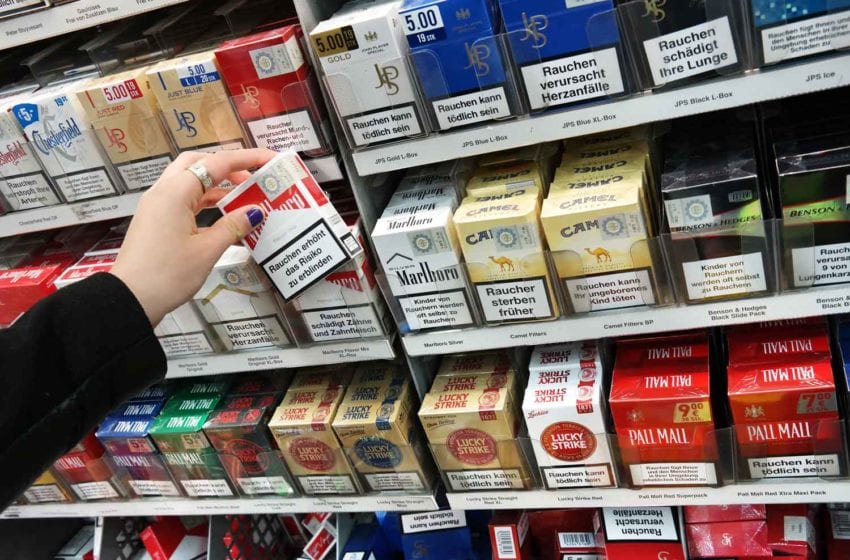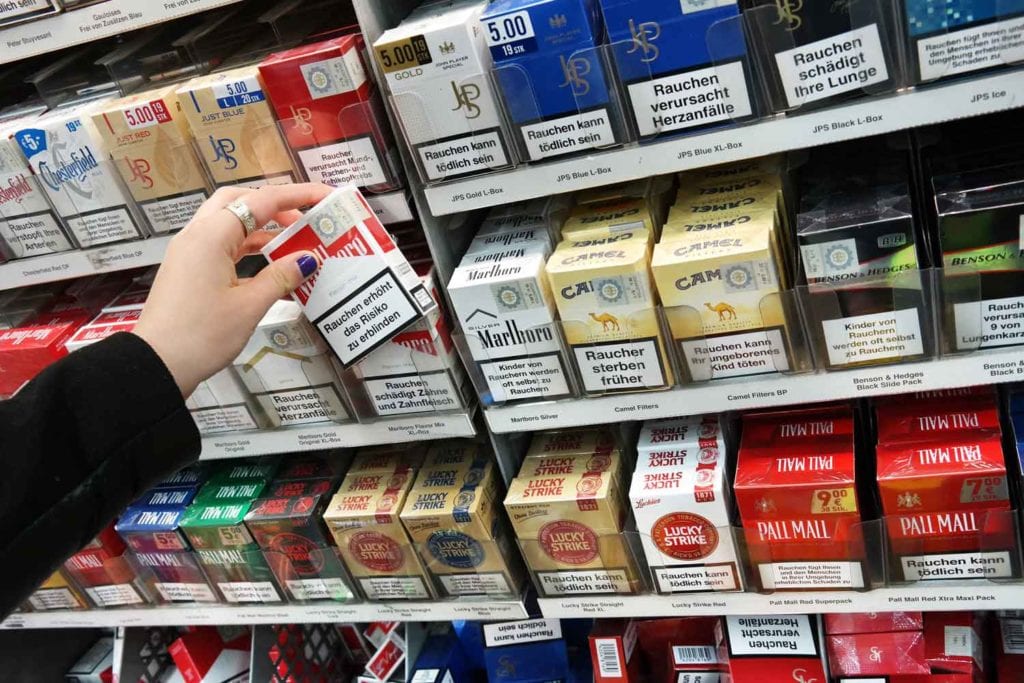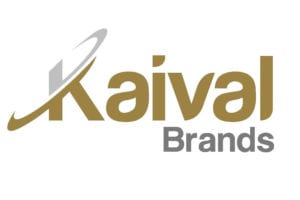
A new University of Kentucky College of Medicine study will examine how policies that restrict the sale of flavored tobacco products, including menthol cigarettes, impact health disparities among vulnerable populations.
A five-year $2.8 million grant from the National Cancer Institute will support the study on how local policies impact at-risk groups—including communities of color, low-income populations and youth—that are more likely to use flavored tobacco products.
The results could help lawmakers create policies that are more equitable, says the study’s principal investigator, Shyanika Rose, a faculty member of the Center for Health Equity Transformation, assistant professor in the Department of Behavioral Science and member of the Markey Cancer Center Cancer Prevention and Control Program.
“We already know that stopping the sale of these products can reduce their availability and use in these communities,” said Rose in a statement. “But understanding the impact of policies across race and socioeconomic status will give guidance about what kinds of policies work and have the most equitable benefits.”
Rose says flavored tobacco products, which are more appealing, easier to use and more addictive, have a long history of being disproportionately marketed toward vulnerable communities, particularly African Americans. According to the Truth Initiative, nearly 90 percent of all Black smokers use menthol cigarettes, and more than 39,000 African Americans die from tobacco-related cancers each year.
Currently, U.S. federal laws only prohibit the sale of certain flavored tobacco products. The sale of menthol cigarettes and all flavors of smokeless tobacco, cigars and hookah is still permitted. While the Food and Drug Administration recently announced new steps to implement a ban on the sale of menthol cigarettes and flavored cigars, the proposal will not eliminate all flavored tobacco products from the market, specifically flavored e-cigarettes and e-liquids.
In the absence of broad-based federal laws, several state and local jurisdictions across the country have enacted their own policies. Rose says about 30 percent of localities with a policy have a comprehensive one that prohibits the sale of all flavors, including menthol, across all tobacco products.
“While the FDA is moving federal policy in the right direction, comprehensive policies that restrict the sale of all flavored tobacco products may be more likely to protect the health of the most vulnerable populations, and this is something this project will investigate,” Rose said.











 Kaival Brands Innovations Group reported revenue of $18.1 million for its fiscal second quarter, which ended April 30, 2021.
Kaival Brands Innovations Group reported revenue of $18.1 million for its fiscal second quarter, which ended April 30, 2021.








